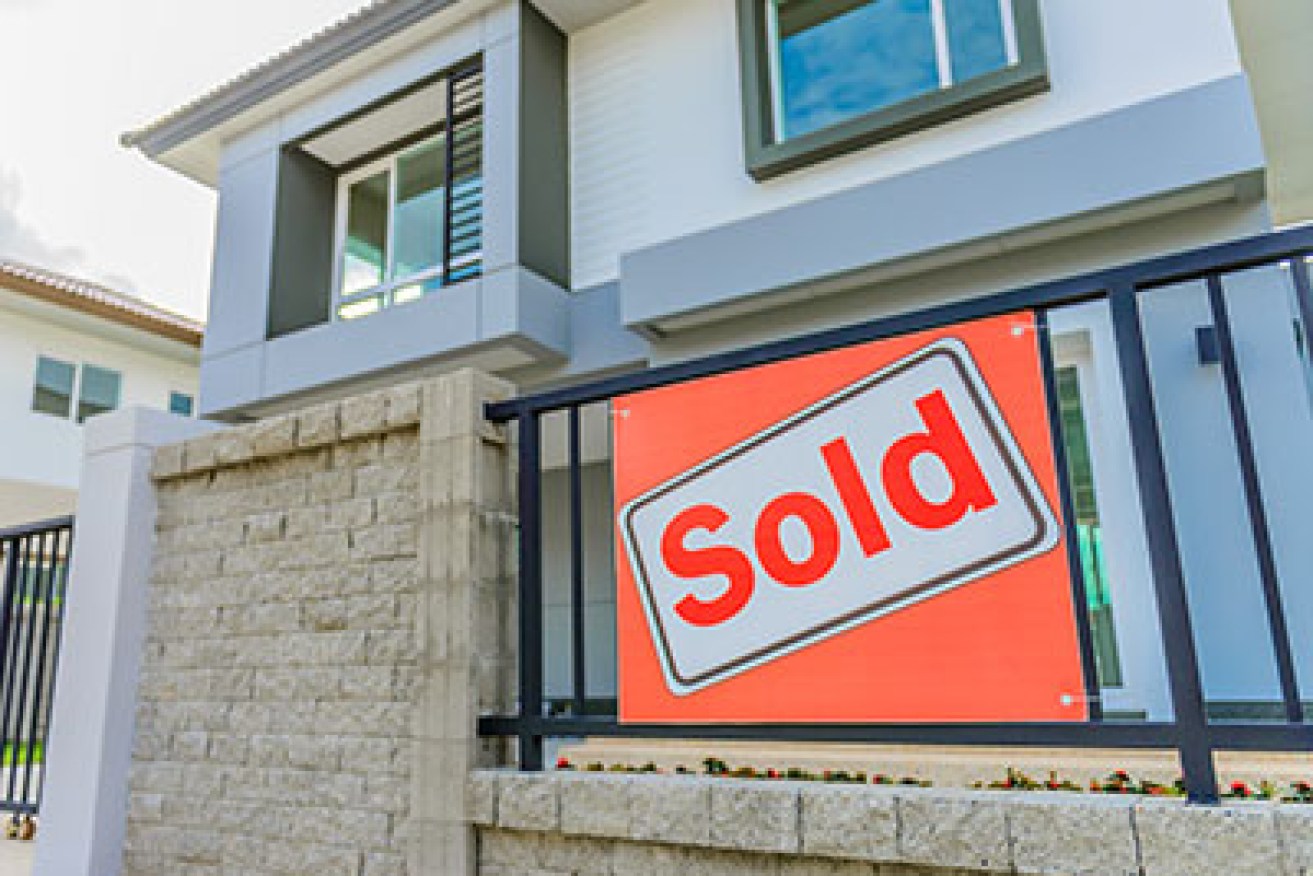Sydney house price boom ‘crazy’: RBA governor

Reserve Bank governor Glenn Stevens is concerned about Sydney’s booming house prices, describing the market as “crazy”.
Mr Stevens says that he finds the steep rises in property prices in Australia’s biggest city “acutely concerning” and that the issue is a social problem.
“Yes, I am concerned about Sydney. I think some of what’s happening is crazy,” he told a business lunch on Wednesday.
• Green shoots, but in all the wrong places
• RBA cuts rates to a record low
His comments came as HSBC research found Australian home prices have risen 24 per cent in the past three years, though the gains have mostly been confined to Sydney and Melbourne.
Sydney prices had jumped 39 per cent, while Melbourne prices were up 22 per cent while the average price for the rest of the country was 10 per cent.
Mr Stevens said Sydney’s housing boom was not simply a result of record low interest rates and noted that the RBA was focused on ensuring lending standards improved.

The central bank has flagged its concern over house prices. Source: Shutterstock
He said the RBA took into consideration what was happening in all property markets across the country, not just Sydney, when deciding whether to adjust the cash rates.
In other developments, Mr Stevens gave his clearest indication yet that the Reserve Bank had not ruled out another rate reduction after opting to leave the cash rate at two per cent last week.
The central bank cut the rate by a quarter of percentage point in February and again in May, taking it to a new historic low.
Economists are now split on whether there will be another cut before the end of 2015.
“The Reserve Bank will remain attuned to what it can do,” Mr Stevens told the Economic Society of Australia.
“We remain open to the possibility of further policy easing, if that is, on balance, beneficial for sustainable growth.”
However, he warned that there were limits to the effectiveness of any future moves in the cash rate and renewed his calls for governments to start spending on major infrastructure projects to help boost the economy.
“The temptation, of course, is to presume outcomes can be fine-tuned by policy settings and that we can simply dial up more or less demand … (the) reality is inevitably more messy than that,” he said.
Mr Stevens said the outlook for June quarter economic growth was likely to be worse than the RBA had predicted two years ago, pointing to weak business investment, and government investment falling eight per cent in the past year.

Interest rates could fall even further than their current historic lows. Source: Shutterstock
“In Australia, recent growth in the economy has not been as strong as we want,” the governor added.
He said economic growth is not expected to pick up anytime soon, despite residential investment hitting record highs and modest growth in household consumption.
“Other areas of investment seem very low and … the most recent indications are for, if anything, a weakening over the year ahead.”
He said there was room for governments around Australia to boost infrastructure spending, which would support confidence and construction work.
“The impediments to this outcome are not financial,” Mr Stevens said.
“The funding would be available, with long-term interest rates the lowest we have ever seen or are likely to.”
On the plus side, Mr Stevens said there was “upside risk” that the Aussie dollar could fall further, which would help growth.
AAP








